Dundee Contemporary Arts (DCA) is partying like it’s 1999 this week as it celebrates its 25th anniversary.
A special programme of events that celebrates DCA’s enrichment of lives through art, culture and creativity, includes a 25 Years in Print exhibition and a selection of the best films shown at the cinema in 1999.
But while the DCA remains true to its original vision “being local in intention and international in ambition” – as outlined at its opening by Scottish Secretary Donald Dewar on March 19 1999 – significant questions hang over the arts centre’s longer term future.
In September, director Beth Bate issued a grim warning that it faced a £300,000 funding black hole.
She told MSPs in Holyrood it may have to draw on the last of its reserves to fill the financial gap and keep its doors open.
She said the centre has been “wrung dry” as it attempts to save cash amid “previously unimaginable financial precarity”.
She told politicians the arts centre, which has a two-screen cinema, gallery, print studio and restaurant, simply “doesn’t have enough money”.
In December, new accounts, for the year to March 2023, then warned of an “increasingly uncertain funding environment”.
The report said: “In these challenging times, where post-Covid recovery has combined with a cost-of-living crisis and spiralling costs, for DCA to continue to have such an impact for audiences and artists, visitors to and citizens of Dundee, is remarkable.”
The report added that the centre had been sustained so far by its “entrepreneurial approaches and innovative delivery”.
But it warned: “This situation becomes harder to weather with each passing year.”
How concerning is the financial future of Dundee Contemporary Arts?
Ms Bate has welcomed recent news that Scottish Government funding for the arts and culture sector will be increased.
However, in a sit-down interview with The Courier to mark the DCA’s 25th anniversary, she has warned that while there’s no immediate threat of closure, significant funding uncertainties remain beyond 2025.
“We are about to go into another financial year where exactly the same challenges for the cultural sector remain,” said Ms Bate, explaining that they are in the midst of making a new application to Creative Scotland for their funding for 2025-28.
“Like many other organisations we have spiralling costs, really high inflation.
“But importantly for DCA, because of our mixed model and the fact we are a charity, we rely heavily on our earned income to supplement our fundraised income as well.”
If there’s one positive that came out of the Covid-19 lockdowns when DCA was forced to temporarily close, it’s the realisation that art and culture is a social necessity.
But while people have been coming back “with enthusiasm”, visitors have not returned to their pre-pandemic numbers.
Cinema attendances have also been having a “very tough time” locally, nationally and globally.
Ms Bate said she is “really thrilled” with the improvements that they’ve seen.
However, she described those as “tent poles” in what is still an incredibly challenging financial climate.
Mixed model of funding
“I think DCA, like many other organisations in this sector, who are basically reliant on that mixed model of earned income and fundraising, are finding themselves in this incredibly challenging situation,” said the Welsh-born 46-year-old, who took up the reins at DCA in 2016.
“It’s important to remember that the warnings that I gave last autumn were not about closing this year or about DCA running into severe difficulty.
“We were specifically asked what the situation would be for 2025 onwards – and the messaging around that is so extremely clear.
“We like many of our colleagues in this sector, need an increase in our core funding.
“There have been some really good signs.
“There’s some news that’s come out from the Scottish Government about increases to the Scottish culture budget.
“But the detail isn’t quite there yet”.
Dundee Contemporary Arts is about much more than just a building
Think of DCA and understandably, the first thing that comes to mind is the award-winning Nethergate building constructed on the site of an old garage (latterly skate park) with its gallery, cinema, print studio and “always busy” Jute café bar.
All of these provide important income streams, in addition to the core funding received from Creative Scotland.
But Ms Bate says it’s also important to remember that as a charity, DCA delivers “massive public impact and public benefit right the way across the city”.
“This isn’t just about having a beautiful building with our amazing programme, which of course we are enormously proud of,” she said.
“We are enormously embedded in community projects and partnerships with organisations big and small, from NHS Tayside right the way through to Dundee International Women’s Centre, delivering community projects in every single ward in the city.
“It’s important to remember in the context of our financial set up that we are funded to deliver public benefit, and we rely on that cash income from the business parts of the organisation to help us deliver all of this work.”
Ms Bate said there’s a “huge amount hinging” on Creative Scotland funding and public funding in general at a time when arts budgets are facing a “really challenging environment” across the UK.
Praise for support of Dundee City Council and other city partners
She describes Dundee City Council – who face “some incredibly tough budget decisions” of their own – as “brilliant supporters and partners” of the DCA.
They were part of the original partnership that brought DCA into being. DCA continues working “really hard” to ensure it delivers in tune with the city’s strategic aims.
“I think the fact we deliver not just to the city’s cultural and tourism agenda, but right into communities across the city, is something the city council really value,” she added.
“We are always pleased to be able to continue having their financial support as well as all the additional support.”
When it comes to “entrepreneurial approaches and innovative delivery”, Ms Bate says there have been lots of internal changes including large-scale digital transformation of IT and financial systems.
There’s a new website and AI is being looked at to further streamline internal processes.
Plans are afoot to bring the building up to modern environmental efficiency standards.
Additionally, however, exciting outward-looking developments have included last year’s successful Art Night which galvanised the creative community.
Dundee’s only city-centre cinema is developing virtual reality screenings.
There’s an exciting presentation partnership with Abertay University for emerging game designers.
The relationship with Dundee University and Duncan of Jordanstone College of Art and Design remains crucial, while 71 Brewery have sponsored exhibitions.
There’s also been a focus on growing their donors and patrons
Ms Bate added: “When DCA opened, the aim was to create an arts centre in the city that brought together two of the existing cultural organisations – the Seagate Print Studio and the Steps Cinema, and to bring them into this building which used to be an old garage and unofficial skate and BMX park,” she said.
“I’m so proud that after 25 years, we’ve been able to stick to that original plan and completely deliver on that ambition.
“To be able to show exhibitions in Dundee is an enormous privilege.
“But we also take seriously our responsibility to showcase artists from Scotland and all over the world as well.
“This is a way for us to show Dundee off and bring the world to Dundee.
“All of those early ambitions we remain completely true to.
“And the print studio which supports artists at all stages of their careers: that feels like a very DCA thing to do!
“Anyone visiting DCA is sure of a warm welcome.”
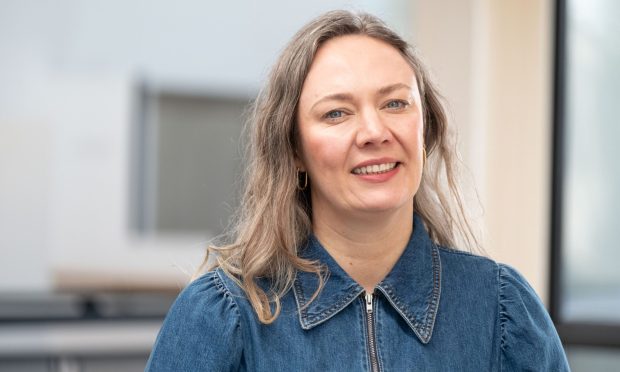
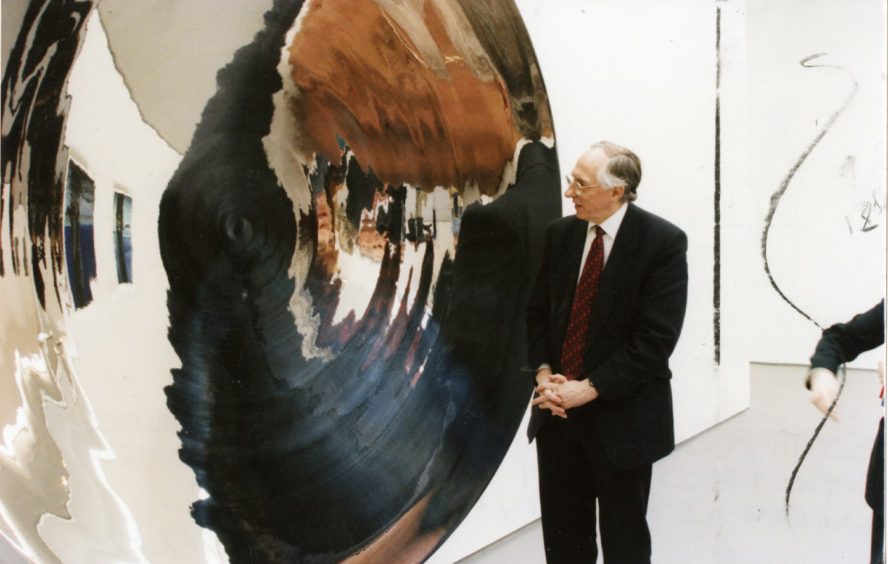
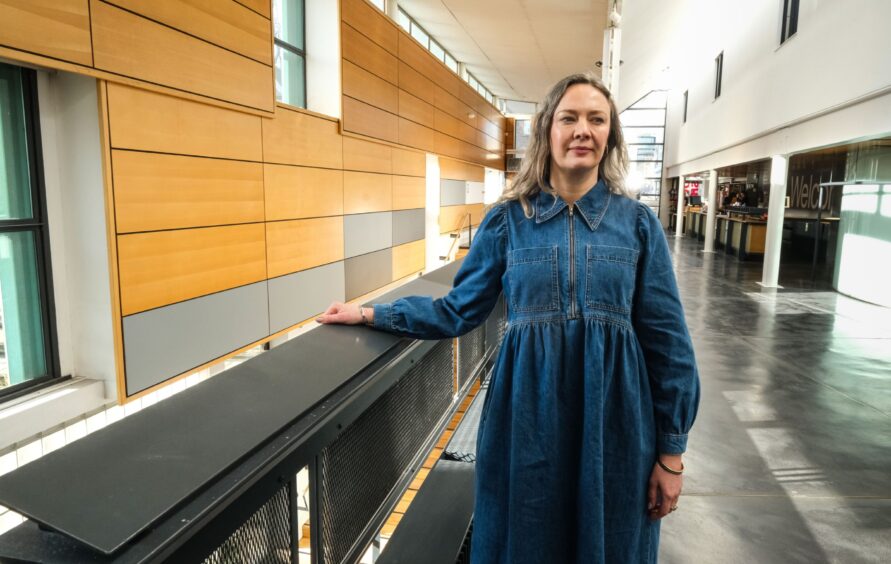
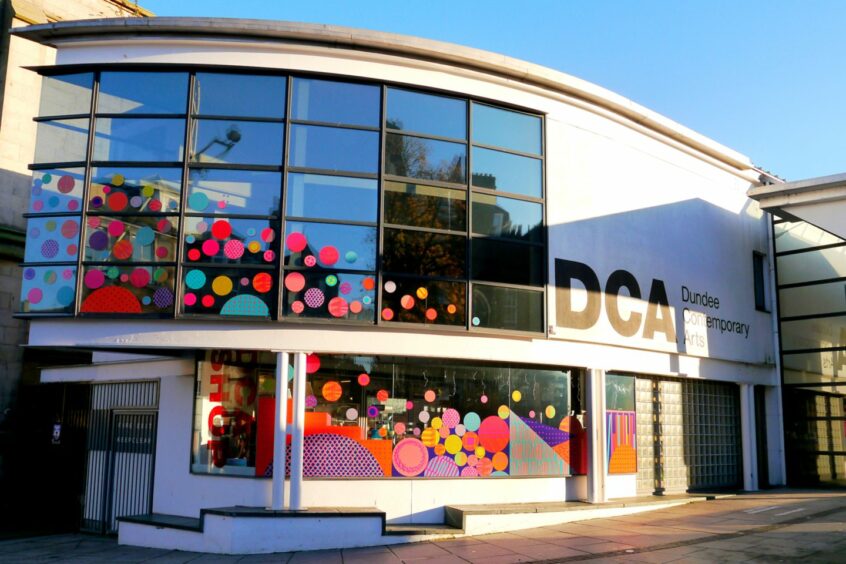
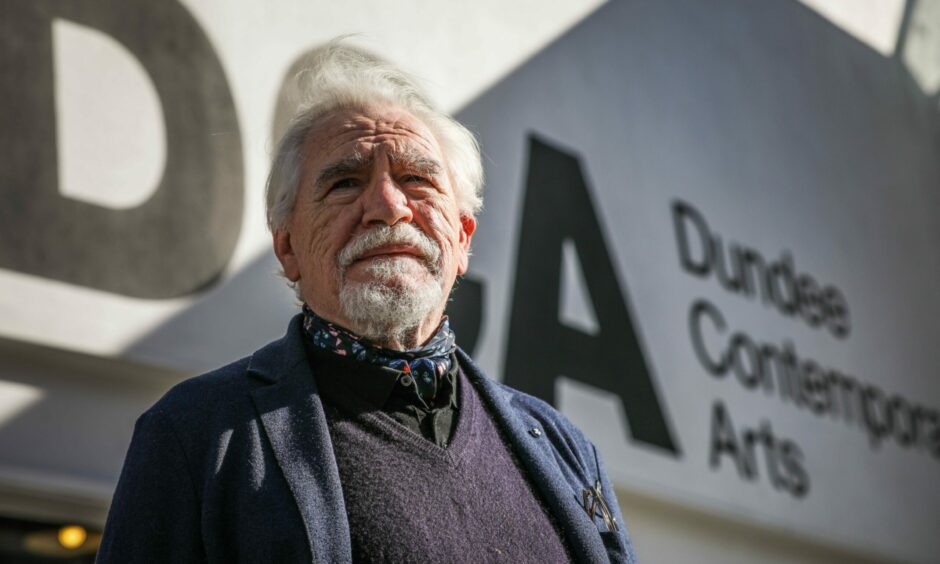

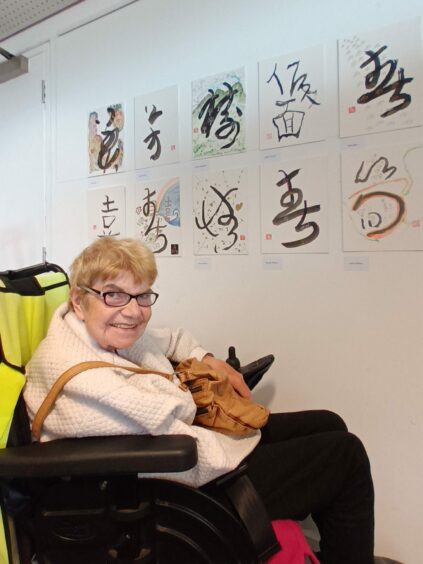

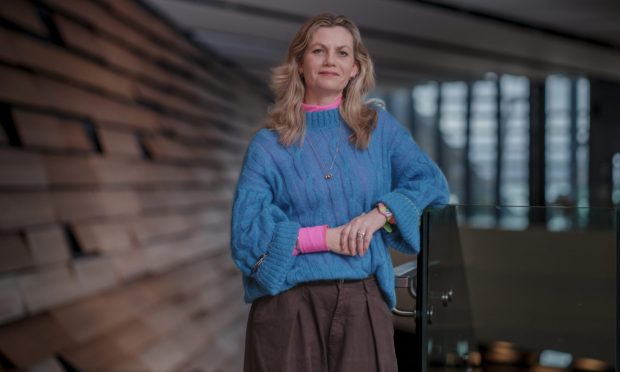
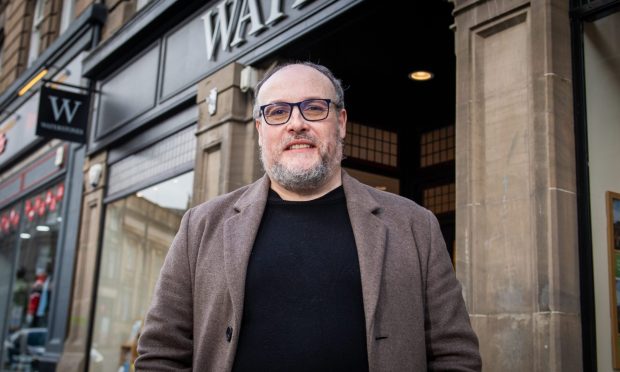
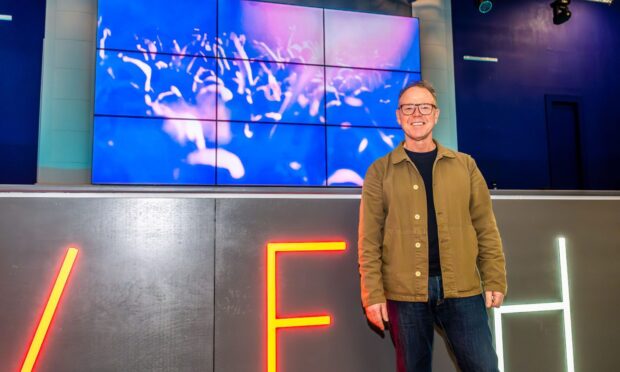

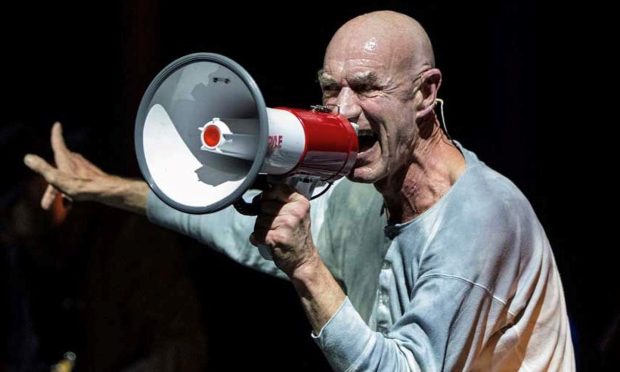
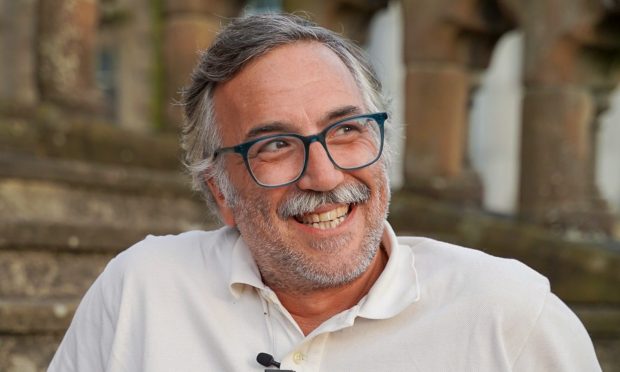
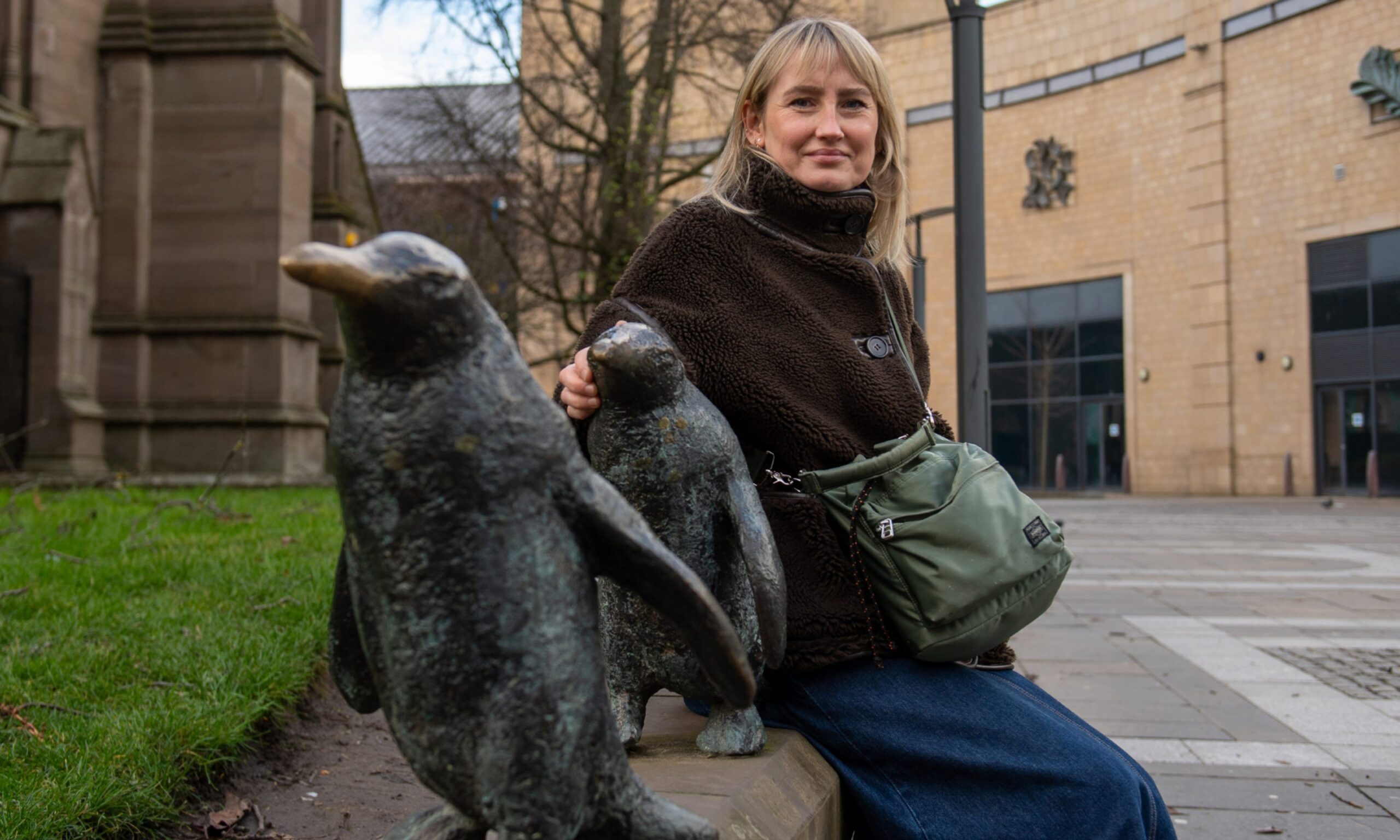

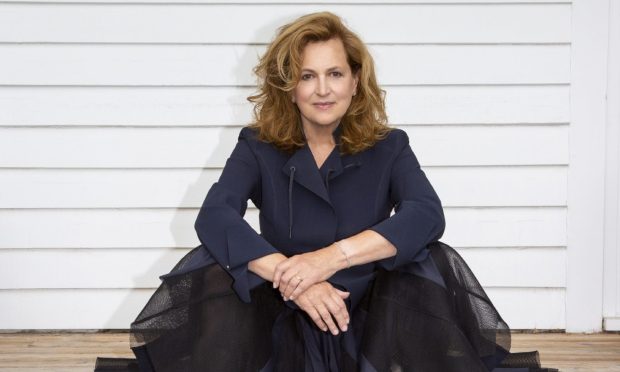
Conversation